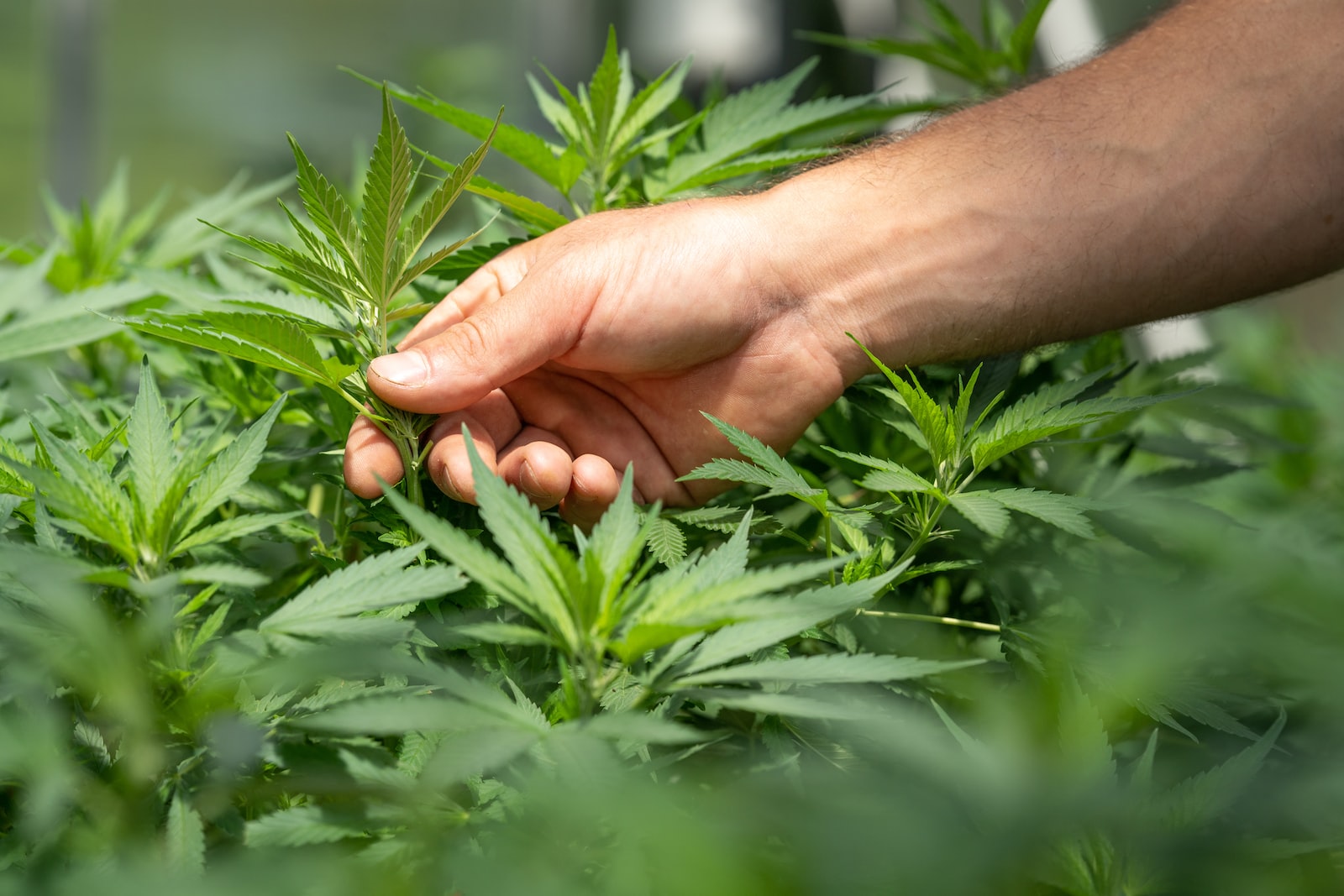Contrary to scaremongering and doomsday predictions, US states that have legalised cannabis have seen a 37 per cent decrease in mental health admissions.
Wait, what?
Recreational marijuana laws (RMLs) continue to grow in popularity, but the effects on mental health treatment are unclear. This paper uses an event-study within a difference-in-differences framework to study the short-run impact of state RMLs on admissions into mental health treatment facilities. The results indicate that shortly after a state adopts an RML, they experience a decrease in the average number of mental health treatment admissions. The findings are driven by white, Black, and Medicaid-funded admissions and are consistent for both male and female admissions. The results are robust to alternative specifications and sensitivity analysis [emphasis added].
Does this mean cannabis actually improves mental health? Not quite.
[…] Although some mechanisms are discussed below, the pathways contributing to the decrease in treatment admissions remain unclear. Thus, the results should not be conflated with improved mental health. Future research should examine whether this decrease is due to RMLs leading to facilities deterring treatment, improved mental health, substitution to self-medication, or other factors.
But what about mental health admission trends before the cannabis legalisation? Surely if there were a decrease in mental health admissions it was just following the current trend, right? Nope.
[…] There is no pre-trend difference in mental health treatment admissions. Once a state has an RML, there is a clear, immediate, statistically significant decrease in total admissions. The effect becomes more pronounced as time goes on and remains negative through event year four. I summarize the average post-treatment effect using Equation (2) in column (1) of Table 2. This estimate indicates that RMLs laws led to a roughly 37 per cent decrease in total mental health treatment admissions or about 92 fewer admissions per 10,000 individuals in a state. These findings are in line with the large estimates found in Hollingsworth et al (2022) where marijuana use increased by about 15 per cent–25 per cent after accounting for recreational dispensaries.
The big question is why has legalising cannabis resulted in a significant decrease in mental health admissions? Can it be actually said that increased cannabis use actually improves mental health?
[…] One possibility is that RMLs increase marijuana use and that this improves mental health. Figure A11 analyzes self-reported mental health data from the Behavioral Risk Factor Surveillance System (BRFSS). These findings suggest no effect on mental health. The Behavioral Risk Factor Surveillance System is limited in that I cannot identify marijuana use or specific types of mental health disorders. The literature on the impact of cannabis on mental health is still unclear and is likely heterogeneous across mental health conditions and dosage frequency of use.
So it’s not likely.
One possibility, and in my opinion this is most likely the answer, is that people are using cannabis as a replacement for seeking mental health treatment.
In summary though, we just don’t know. But who knows: much like relaxing with a beer or a glass of wine, relaxing with a joint on occasion may actually be good for your mental health, or may at least mean one less visit to the quack.

